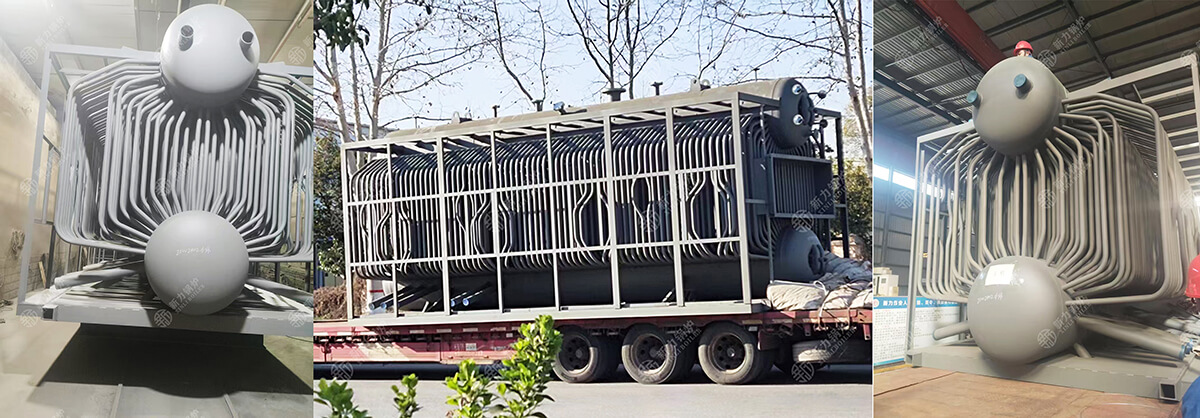Guide: A textile company in Pakistan show their cooperation wish with Xinl Boiler on a biomass boiler who is specializing in high-tech home textile fabrics made from premium cotton and functional fibers with weaving and finishing as its core products.
Pakistan is one of the world's leading textile producers and exporters. The textile industry accounts for approximately 8.5% of its GDP and provides a significant number of jobs. However, the textile industry is energy-intensive that requires large amounts of steam for processes such as dyeing, drying, and shaping during production. Traditional coal and gas-fired boilers not only incur high operational costs but also face stringent environmental regulations. The volatile prices of natural gas and coal further impact corporate profits. While coal-fired boilers emit substantial amounts of CO₂, SO₂, and dust, which fail to meet international environmental standards and thus undermining export competitiveness. Additionally, Pakistan's unstable power grid makes electric heating boilers an unreliable option for the textile industry. In recent years, biomass steam boilers have gained widespread adoption in Pakistan's textile sector due to their eco-friendly, cost-effective, and high-efficiency features with the growing global demand for sustainable energy. So biomass steam boilers have become an ideal energy solution for many textile enterprises in Pakistan.
A textile company in Pakistan show their cooperation wish with Xinl Boiler on a biomass boiler who is specializing in high-tech home textile fabrics made from premium cotton and functional fibers with weaving and finishing as its core products. The customer opted for biomass pellets as the boiler fuel to align with national policies and achieve green production. Xinli Boiler's SZW series boiler is a double-drum reciprocating grate biomass boiler designed for industrial steam needs. It incorporates a chain grate and a secondary air system,which can achieve a combustion efficiency of over 85%. The boiler is compatible with various biomass fuels, such as wood chips, rice husks, straw, and bagasse. Pakistan has abundant agricultural waste that gives it a natural advantage in these biomass materials. The Pakistani government encourages biomass energy projects, allowing textile companies in some provinces to enjoy investment subsidies of 10–15% when importing biomass boilers. This is undoubtedly very beneficial for textile enterprises in Pakistan. Xinli Boiler will also equip the customer with a multi-stage dust removal system (cyclone + bag filter) and a denitrification system to ensure compliance with Pakistan's NEQS environmental standards. Moreover, the boiler features a PLC intelligent control system enable automatic feeding, air volume adjustment, and pressure control, thereby reduce the company's labor costs. The attached photo shows the delivery of the boiler:
More information on LinkedIn:
https://www.linkedin.com/posts/boiler-xinli-917522197_steamboiler-biomassboiler-biomassfiredboiler-activity-7310577491142721536-XhVM?utm_source=share&utm_medium=member_desktop&rcm=ACoAAC4sYKMBTqqpjrBcO0PdMS8SVHCOdnfEBw8






























